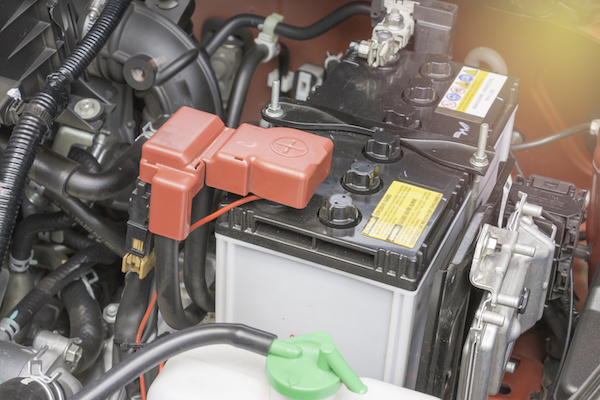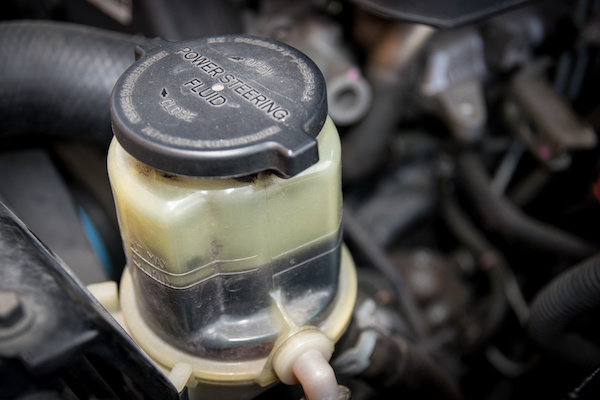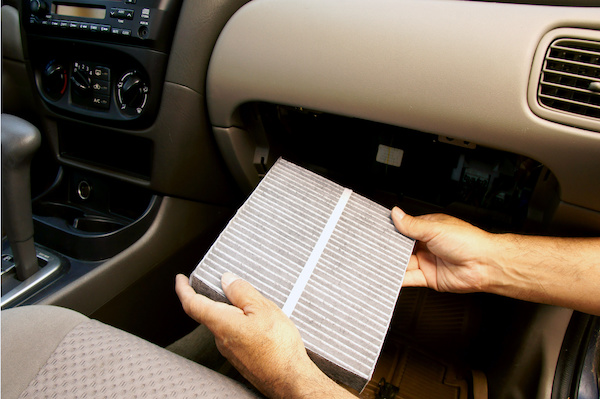Posted on 7/25/2022

Summer's high temperatures are extremely dangerous for your car's battery. The car's engine and batteries are put under a lot of strain as the temperature rises. Therefore, you may find yourself in a situation where your car's battery isn't at its best. Also, keep an eye on your car's battery in hot weather since temperatures are rising yearly. Charging the Battery Properly Correctly charging the battery is the single most important step for increasing its life span. Use a battery charger that charges the battery in accordance with the manufacturer's instructions, if required, to recharge the battery to full capacity. Park in the Shade Simple steps like parking in a garage or shade might help preserve your battery. When left in direct sunlight, your car's hood warms up rapidly, causing heat damage. Avoiding direct sunlight can significantly reduce the temperature, which may extend the life of your car's battery. Always Keep the Battery Clean Su ... read more
Posted on 6/30/2022

Fluid maintenance is a key part of general car maintenance. Fluid flushes are the process of removing old fluids from a system and replenishing them with new fluids. While you are probably aware of transmission or coolant flushes, most people tend to be confused about how the power steering system. Does the power steering fluid require a fluid change? If your car has a hydraulic power steering system, then the answer is yes. Driving with contaminated or low power steering fluid can lead to dangerous driving conditions. Plus, it can damage other parts like the power steering pump. You should always follow your automaker’s instructions on power steering fluid maintenance. They may have the recommended intervals listed in the owner’s manual. Plus, it may have specific fluid requirements. Another way you can tell to change the power steering fluid is by the noise your steering makes. Steering should be done easily and quietly. When you notice no ... read more
Posted on 5/30/2022
.jpeg)
The braking system serves the vital role of helping you slow down and stop your vehicle. Most of the time, it is a hydraulic system that transmits pressure once you apply pressure onto the brake pedal. The harder you press, the quicker your vehicle will be able to slow down. None of this can happen without the brake fluid. Brake fluid is the substance that sends the pressure to engage your brakes. It also lubricates the moving parts and protects them against corrosion. When problems with the brake fluid occur, your entire braking system will become less effective. You’ll need to bleed or flush the fluid to restore its performance. Brake Bleeding vs Brake Fluid Flush Bleeding the Brakes – If your brake pedals feel spongy or loose, it usually calls for bleeding of the brakes. Air is brake fluid’s worst enemy. Brake bleeding service is the process of removing any trapped air within the system using a bleed screw. Brake Flush – The brake flush is a ... read more
Posted on 4/22/2022

Technology revolutionizes our everyday life, which is evident even on our roads. Today, the car we drive plays a fundamental role in critical areas such as reliability, price, time, fuel, and environmental impact. Also, when looking for a vehicle to buy, there are now two categories to choose from, electric or gas cars. It's important to think and choose what's effective, efficient, and reliable for you. To understand the best fit for your daily needs, first, you should consider the pros and cons of gas and electric-powered vehicles. Electric vehicles run solely on electric batteries and motors for propulsion. However, hybrid models run on electric power and also have a gas engine. When the electric range is exhausted, the gas engine takes over. Your daily driving routine can quickly help you understand the pros and cons of electric and gas-powered vehicles. Electric vs. Gas Vehicles Pros and Cons Both car models present benefits and downsides that will help you make a soun ... read more
Posted on 3/17/2022

When's the last time you had your cabin air filter changed? If you have to ponder on this question for too long, the answer is probably too long. The cabin air filter does more than keep dirt and dust out of the air you breathe. They block out harmful bacteria and other irritants, like pollen. With spring finally, here you should consider changing your cabin air filter. Here's why: POLLUTION CAN ENTER YOUR VEHICLE You shouldn't forget that your car emits harmful exhaust every time you drive. Once these gases get released, they can make their way back into the cabin's circulation system. It can be harmful to you and your passengers to inhale this. ENGINE STRAIN When your air filter is clogged, it can make your HVAC system work way harder than it needs to. As a result, it can decrease your fuel efficiency. ALLERGIES CAN WORSEN If you're sensitive to allergies in the spring, you have to be more careful of when to change this filter. Otherwise, you may find ... read more